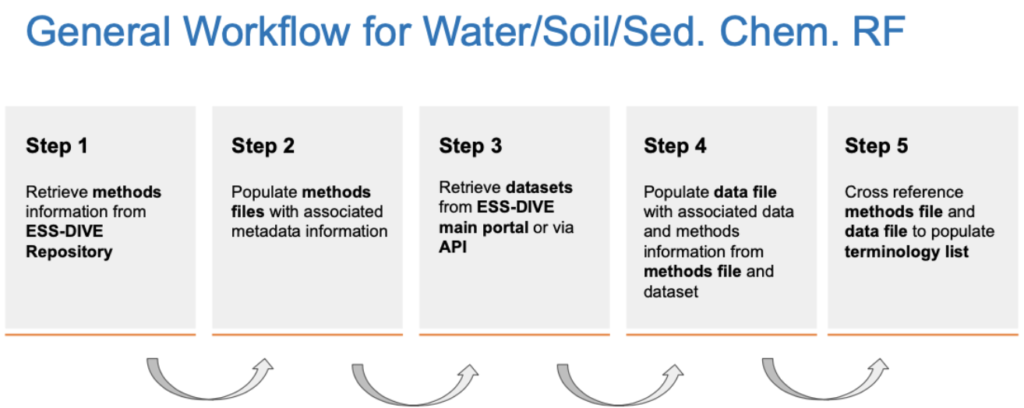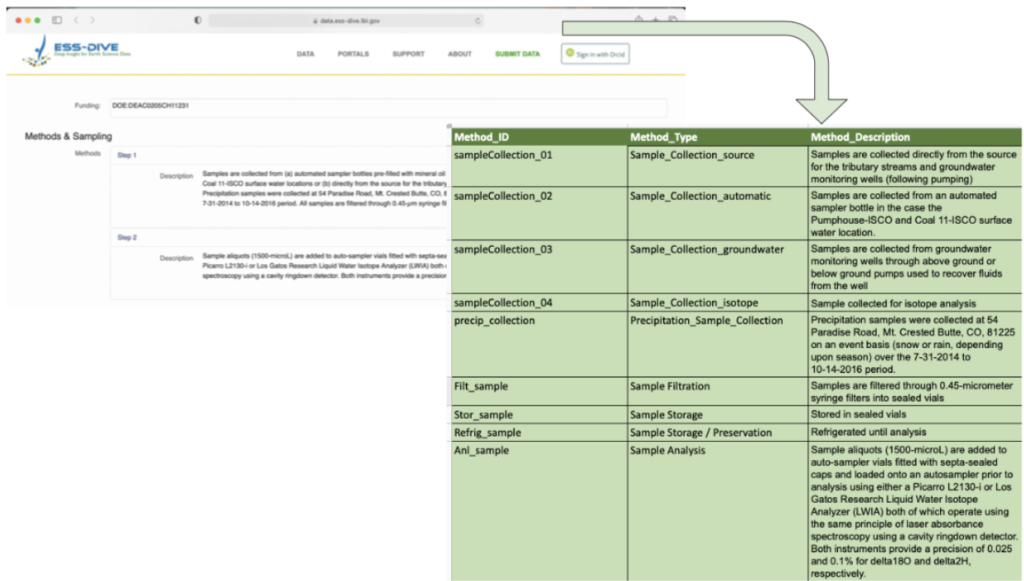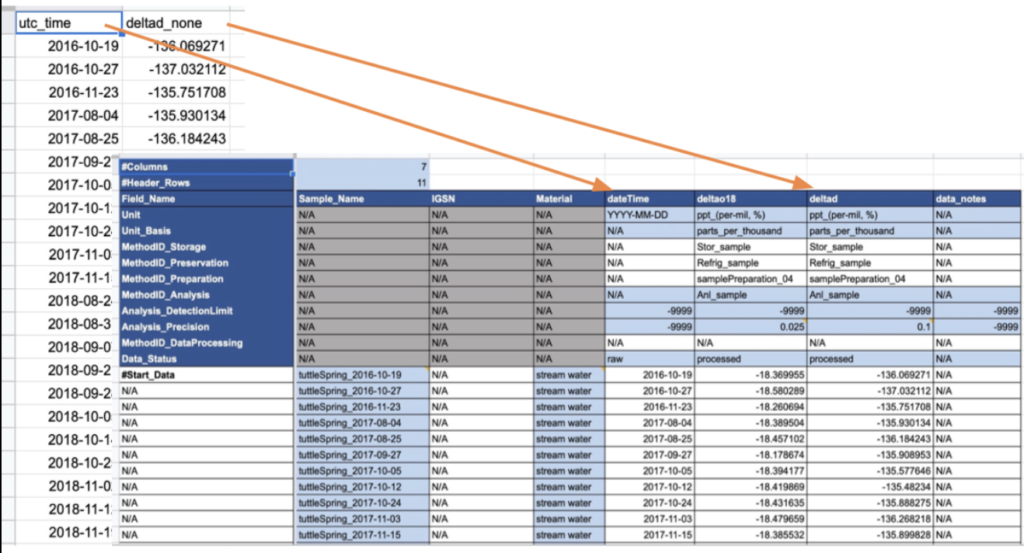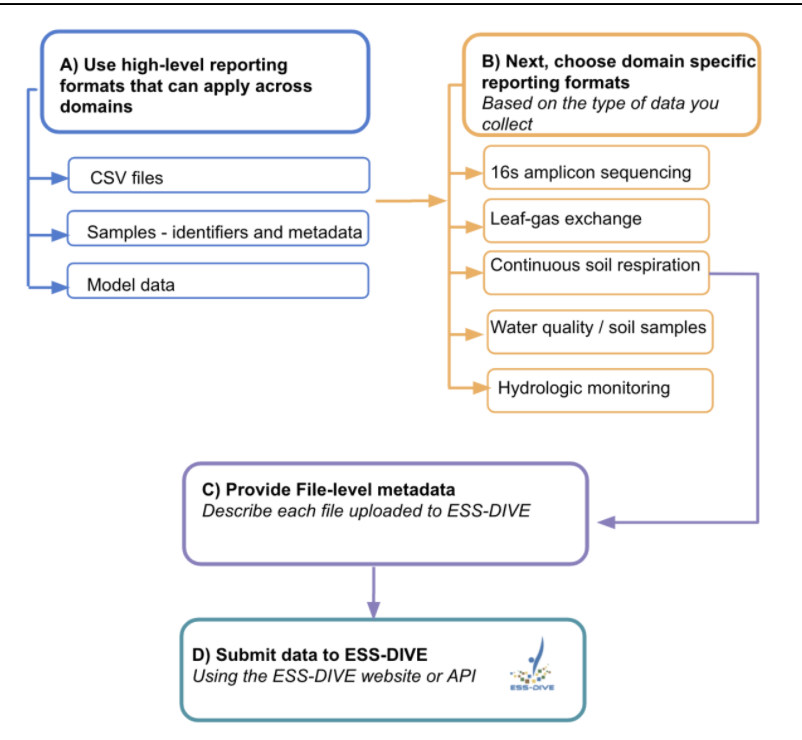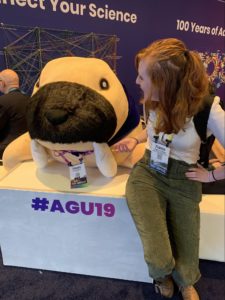ESS-DIVE Webinar
Monday, March 21 | 11:00-12:00 PT / 14:00-15:00 ET
View Webinar Video / Link to Webinar Slides
Are you looking to publish your model data on ESS-DIVE? Learn about our guidelines for archiving terrestrial simulation data developed in partnership with the ESS modeling researchers and outlined in a recent publication (Simmonds et al., 2020).
This will be a short webinar, with ample time for questions and feedback. We will cover the following topics related to archiving model data using FAIR principles:
- What is terrestrial model data and what model data components should be archived?
- What are the considerations when publishing terrestrial model data?
- What are the benefits of archiving model data?
- Provide feedback on additional needs for archiving terrestrial or other model data
Please encourage anyone from your project who may be interested to attend.

Webinar will be presented by Charuleka Varadharajan ESS-DIVE Deputy Lead
Charu is the Deputy Lead for ESS-DIVE. Charu is a biogeochemist and with expertise in groundwater quality and biogeochemical cycling of methane. She is working on synthesis and analysis of environmental datasets, and has developed software tools for the Watershed Function SFA and NGEE Tropics ESS projects. She is a co-chair of the ESS Cyberinfrastructure Data Management Working Group.


